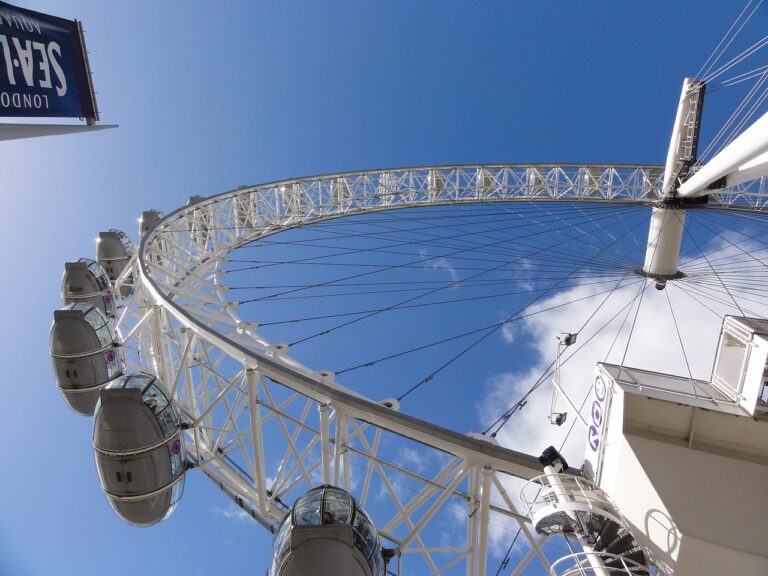The Role of Entertainment in Social Justice Movements: From Awareness to Action
Representation in entertainment has the ability to influence society by reflecting diverse experiences and perspectives on screen. When individuals see themselves represented in characters, it can foster a sense of belonging and validation. Additionally, when underrepresented groups are portrayed positively, it can challenge stereotypes and promote inclusivity in society.
Conversely, the lack of diverse representation can perpetuate harmful stereotypes and limit the understanding of different cultures and backgrounds. Inaccurate or one-dimensional portrayals can shape public perception and reinforce biases, leading to the marginalization of certain groups. By acknowledging the power of representation in entertainment, content creators have the opportunity to shape a more inclusive and equitable society through authentic and diverse storytelling.
How Entertainment Can Shape Perceptions and Beliefs
Entertainment plays a significant role in shaping our perceptions and beliefs. Through various forms such as movies, television shows, and music, we are constantly exposed to different ideas and representations of the world around us. These portrayals can influence how we view certain issues, cultures, and individuals.
Moreover, the way diversity and inclusivity are represented in entertainment media can have a profound impact on societal attitudes and norms. When certain groups are consistently marginalized or misrepresented in popular culture, it can perpetuate stereotypes and prejudices. On the other hand, when diverse voices are uplifted and authentic stories are told, it can promote understanding and empathy among audiences.
How does representation in entertainment influence perceptions and beliefs?
Representation in entertainment can greatly impact how individuals view different groups of people. When certain groups are consistently portrayed in a negative or stereotypical manner, it can reinforce harmful biases and stereotypes. On the other hand, positive and accurate representation can help challenge these biases and promote understanding and empathy.
Can entertainment influence societal beliefs and values?
Yes, entertainment has the power to shape societal beliefs and values. Through storytelling, media can influence how people perceive social issues, political ideologies, and cultural norms. This influence can be subtle, but over time, it can have a significant impact on public opinion and collective attitudes.
How can individuals be more critical consumers of entertainment?
To be more critical consumers of entertainment, individuals can pay attention to the representation of different groups in media. They can question stereotypes, biases, and harmful tropes that are perpetuated in movies, TV shows, music, and other forms of entertainment. By being aware of these influences, individuals can make more informed choices about the media they consume.
What role do creators and producers play in shaping perceptions through entertainment?
Creators and producers have a responsibility to ensure that their content reflects diverse perspectives and experiences. By including a variety of voices in their storytelling, entertainment professionals can challenge stereotypes and promote inclusivity. Additionally, creators and producers can use their platforms to address social issues and advocate for positive change.





